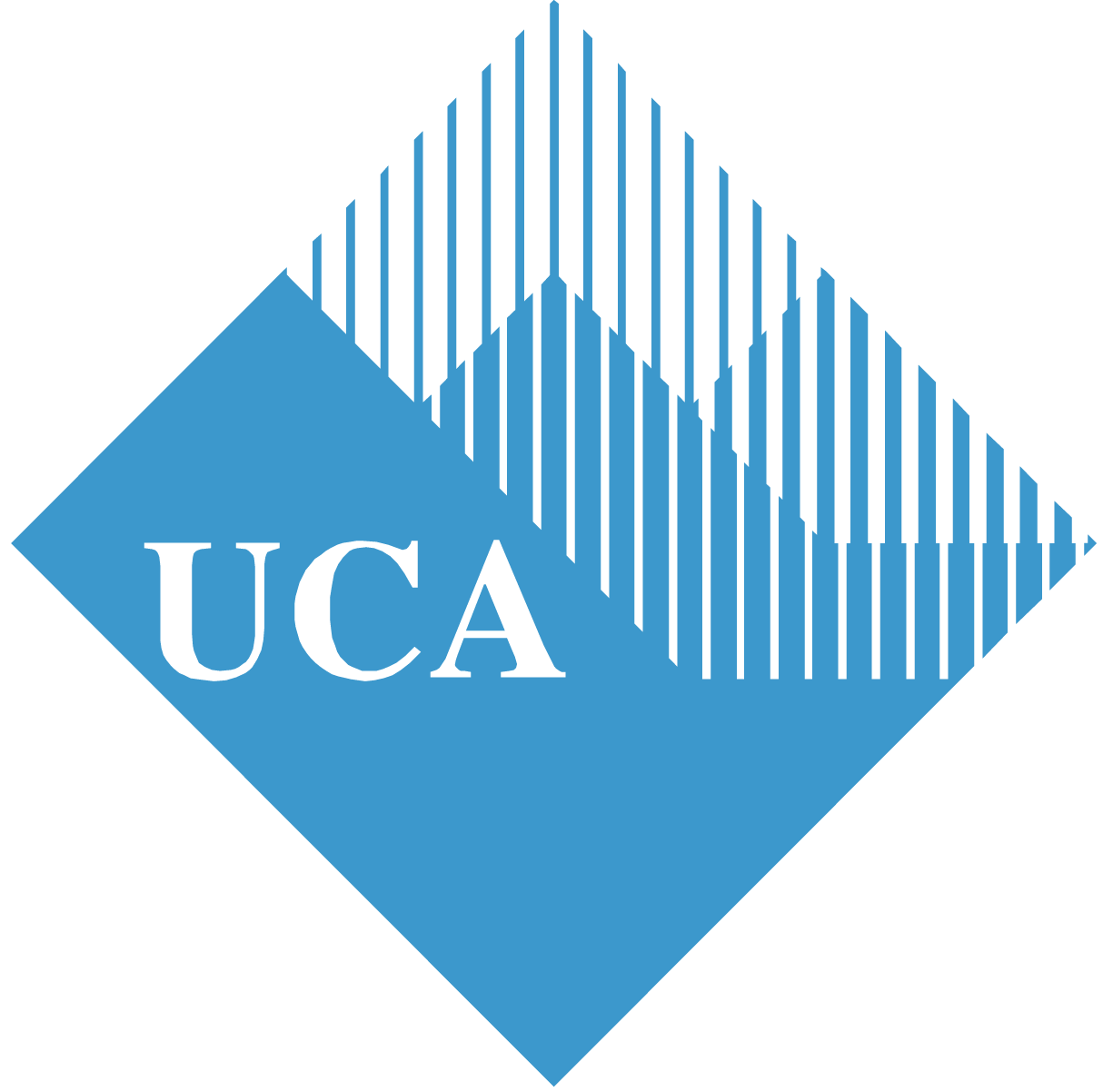Kazakhstan | Education
The University of Central Asia (UCA) was founded in 2000 by the governments of Kazakhstan, the Kyrgyz Republic and Tajikistan, and His Highness the Aga Khan. It is the world’s first internationally chartered institution of higher education.
UCA was established to promote the social and economic development of Central Asia, particularly its mountain communities, by offering an internationally recognised standard of higher education, and helping the peoples of the region to preserve and draw upon their rich cultural traditions as assets for the future.
19,000
The School of Professional and Continuing Education reaches over 19,000 learners
The Presidents of Kazakhstan, the Kyrgyz Republic and Tajikistan, and His Highness the Aga Khan signed the International Treaty and Charter establishing this secular, private, not-for-profit university. It was ratified by the respective parliaments and registered with the United Nations.


UCA Tekeli campus, Kazakhstan.
UCA
University of Central Asia Campus in Tekeli
The University of Central Asia’s (UCA) first campus opened in Naryn, Kyrgyz Republic in 2016. The second campus, in Khorog, Tajikistan opened in 2017 and will be followed by one in Tekeli, Kazakhstan. Undergraduate students interested in majoring in Engineering Sciences or Business and Management will enrol at the Tekeli campus when it opens.


University of Central Asia’s School of Professional and Continuing Education (SPCE) in Tekeli, Kazakhstan.
AKDN / Mikhail Romanyuk
Continuing Education
UCA’s School of Professional and Continuing Education (SPCE) learning centre in Tekeli, Kazakhstan opened in 2003. It is equipped with state-of-the-art learning technologies, two computer laboratories, four classrooms and a 17,305-volume library. The School has become a leading provider of adult and continuing education, reaching over 19,000 learners in Kazakhstan.
SPCE is a leading provider of post-secondary, short-cycle education in Central Asia. It gives young people and adults professional and vocational qualifications that improve employment and income-generating opportunities.
The Aga Khan Humanities Project
The Aga Khan Humanities Project (AKHP) fosters critical thinking and academic writing skills. It was founded in 1997 by the Aga Khan Trust for Culture and joined UCA in 2007. It promotes pluralism in ideas, cultures and people by supporting the development and implementation of innovative humanities curricula, based on the cultural traditions of Central Asia.
In 2020, AKHP courses were delivered at 87 universities, academies, colleges and lyceums in Tajikistan, Kyrgyzstan and Kazakhstan. From 2005 to 2020, 2,000 instructors reached about 180,000 students.
In 2017, AKHP launched its Public Lecture Series in Almaty, Kazakhstan. This is organised in partnership with the Public Association Innovative Practices (PAIP) with support of the Ministry of Religion and Civil Society of the Republic of Kazakhstan. Find out about upcoming lectures
AKHP has developed a cross-debate format, in which it holds training sessions and mini tournaments for debaters from Kazakhstan, Kyrgyzstan and Tajikistan. They form part of a social project supported by the Center for Support of Civil Initiatives of the Ministry of Information and Social Development of the Republic of Kazakhstan (2017). To date, 370 students have completed the training.
